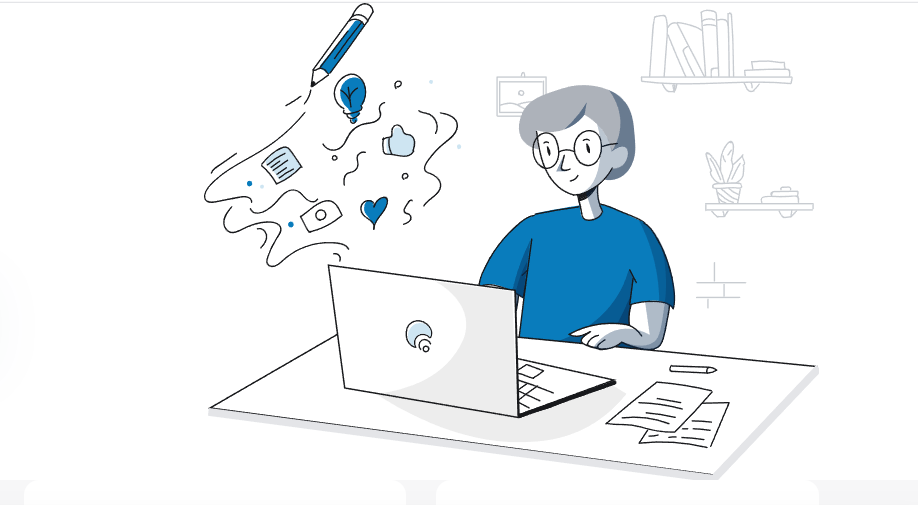How can WordPress be speed up without the use of plugins?
We are aware that the amount of time it takes for your website to load has a direct link not only to the quality of the user experience. You provide but also to the position the site holds in the results that are provided by search engines. As a result, we have put together this comprehensive guide to help you improve the speed at which your website loads. Obtain an edge over the other businesses in your industry.
Let’s step back and consider why your website’s loading speed is so important. According to statistics, almost half of website visitors will leave if it takes more than three seconds to load. If your site takes too long to load, visitors may lose interest and leave, hurting your bounce rate and search engine rankings.
Now that we’ve covered that, let’s move on to some more specific advice that you can put into practice to decrease the amount of time it takes for your website to load and help you outrank your rivals:
Optimize your images:
The loading speed of your website may be severely slowed down by photos that are too large. So, it is very necessary to optimize them to reduce their size before you add them to your website. It is possible to compress your photographs without sacrificing the quality of the images by making use of software tools such as Adobe Photoshop and web tool such as JPEG Compressor.
Eliminate or reduce HTTP requests:
In order to view your full website, including all of its images, scripts, and stylesheets, the user must first load everything through HTTP. Your site’s loading time is directly related to the number of database queries made to it. As a result, it is of the highest significance to cut down on the total number of HTTP requests by consolidating files and getting rid of any extraneous components.
Also you may like: How to Use Shopify and WordPress Together? (latestdiscuss.com)
Make sure the caching functions of your browser are turned on:
Your website might potentially preserve information in the visitor’s temporary internet storage by using caching (aka “cache”). When you do this, you save the user the trouble of always having to refresh the same information when they browse your site, which is a huge benefit for them. Pictures and scripts are both examples of different forms of data that may be stored in a cache. If you enable caching in your browser, it will be possible to significantly cut down the amount of time it takes for your website to load, which will, in turn, result in a more positive experience for users.
Use a content delivery network, often known as a CDN:
A content delivery network, often known as a CDN, is a network of computers that collaborate to distribute the material from your website over a large number of geographical areas. The content of your website may be supplied from the server that’s situated in the most convenient location, which would cut down on load time and improve the user experience.
You should try to reduce your dependency on add-ons as much as you can.
Adding plugins to your website is an excellent method for expanding the capabilities of the site; but there is a possibility that doing so would slow download speeds. As a consequence of this, you should limit the number of plugins that you use on your website to the bare minimum essential to accomplish the goals that you have set for it.
Improve the readability of the code on your website.
It’s possible that reducing the amount of code on your website will make it run faster. There is a possibility that using CSS and JavaScript minifies can assist you in streamlining your code and accelerating your website.
You may be able to reduce the amount of time it takes for your website to load by implementing these tips, which will also dramatically enhance the user experience. Always bear in mind that improving the load speed of your website is vital to gain higher ranks on search engines if you want to attract more traffic.
Conclusion:
The amount of time it takes for a website to load is a significant aspect that may have an impact not just on the user experience. ut also on a website’s position on the search engine results page. You may decrease the amount of time it takes for your website to load, raise user engagement, and improve your ranking all by using the actionable advice that we’ve covered in this book. Don’t forget to check on the performance of your site as well as its usability regularly so that you can ensure that it is constantly working well for your customers. A fast, optimised website may increase traffic, conversions, and user experience.
Hope you guys like this article, please share it on social media. Also visit Latestdiscuss.com for more information.




